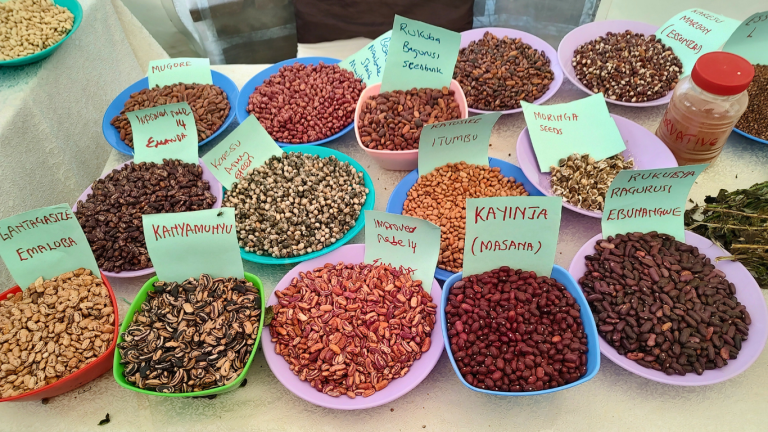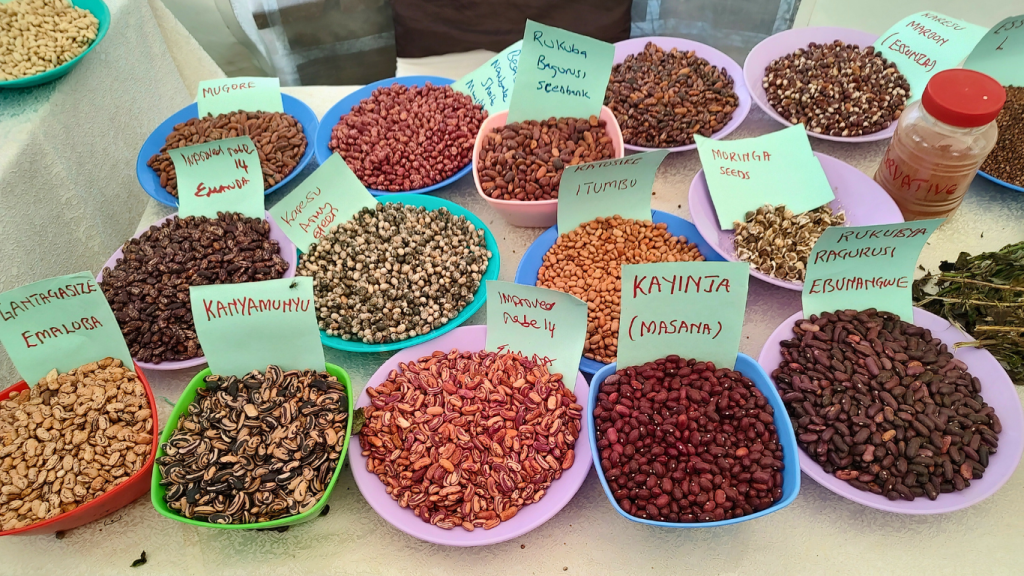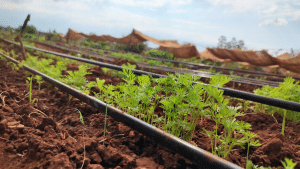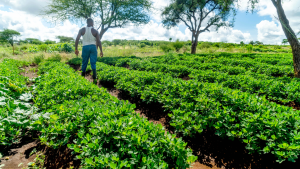
Approximately 2.4 billion individuals, largely women and residents of rural areas, did not have consistent access to nutritious, safe, and sufficient food in 2022.
Child malnutrition is still alarmingly high. In 2021, 22.3% (148.1 million) children were stunted, 6.8% (45 million) were wasted, and 5.6% (37 million) were overweight.
The global nutritional status, as reported by the 2023 edition of “The State of Food and Nutrition in the World” , changes in agrifood systems are impacting food availability, affordability, and the quality of diets, influencing food security and nutrition. Critical insights from this report indicate that malnutrition in all its forms remains a persistent global issue, exacerbated by factors like economic instability, climate change, and conflicts.
In Africa, the challenges are similar and accentuated by specific regional issues such as economic constraints and climate impacts. The continent faces high rates of malnutrition and food insecurity, particularly affecting children and vulnerable populations.
Zooming in on Kenya, the country mirrors many of the continent’s challenges. Issues such as drought and economic instability contribute to food insecurity and poor nutrition. In Kajiado County, Kenya, the situation reflects the national trends as well.
These insights are crucial for understanding the various scales of nutritional challenges and the tailored approaches needed to address them effectively. For more detailed information and specific statistics, the full reports from the United Nations and associated organizations would provide the most comprehensive insights.
The Essence of Organic Farming in Nutritional Security
Boosting Nutrient Intake through Organic Practices
Organic farming is renowned for its minimal use of synthetic pesticides and fertilisers, favouring natural methods that promote soil health and increase the nutritional value of the produce. At Ambokili Farm, crops are grown in rich, uncontaminated soil, which studies suggest may lead to higher levels of certain nutrients in the produce, including antioxidants and vitamins.
By abstaining from synthetic pesticides, fertilisers, and genetically modified organisms, organic farming ensures that the food on your plate is as clean and natural as it can be. This practice is not only gentle on the earth but also fortifies the nutritional profile of the produce.
Higher Antioxidant Content
Research consistently reveals that organic fruits and vegetables contain significantly higher concentrations of antioxidants compared to their conventionally grown counterparts. Antioxidants are vital in fighting off oxidative stress and inflammation in the body, which are root causes of numerous chronic diseases. The enhanced levels of antioxidants in organic produce, such as flavonoids, phenolic acids, and carotenoids, contribute to better health and well-being.
Ensuring Food Safety and Reducing Health Risks
One of the compelling nutritional benefits of organic produce is what it lacks: pesticide residues. The long-term health implications of consuming pesticide-laden foods are becoming increasingly apparent, linking exposure to a range of health issues from digestive disturbances to more serious chronic conditions.
By avoiding synthetic chemicals, organic farming reduces the risk of toxic residues on food products. For communities around Ambokili Farm, this means access to safer, healthier food options that are crucial in preventing diet-related diseases and enhancing overall health.
Nutritional Superiority of Organic Produce
Organic farming practices promote soil health, leading to produce that is often more nutrient-dense. Studies have indicated that organic crops may contain higher levels of certain minerals, vitamins, and other beneficial plant compounds. For instance, increased levels of Vitamin C, iron, magnesium, and phosphorus have been reported in organic produce, contributing to the overall nutritional value of these foods.
Sustainable Practices for Long-Term Food Security
Ambokili Farm’s sustainable practices, such as water conservation and biodiversity, ensure that the land remains productive and resilient to environmental challenges like climate change and drought. This sustainability is key in providing a reliable food source for the local community, making it a vital player in food security.
Enhanced Flavour and Quality
Beyond the measurable nutritional benefits, organic produce often excels in flavour and overall quality. The richer, more robust flavours are not only a testament to the produce’s freshness but also to the higher concentration of natural sugars and minerals. This enhanced taste profile can encourage a higher consumption of fruits and vegetables, inherently promoting a healthier diet.
At Ambokili Farm, our journey through organic permaculture is not just about transforming land; it’s about revolutionising the way we view and value our food. The nutritional superiority of organic produce highlights the undeniable link between the health of our environment and the vitality of our bodies.
In embracing organic, we choose a path that leads to enhanced nutrition, environmental preservation, and the empowerment of communities. We invite you to explore the richness of organic produce, not just as a choice for better health, but as a step towards a more sustainable and nourishing world.







